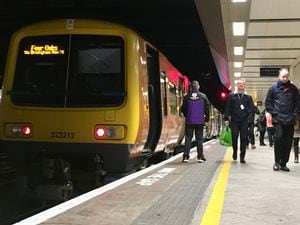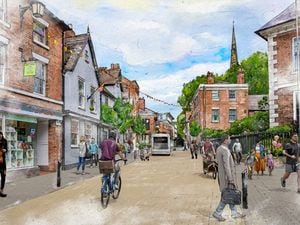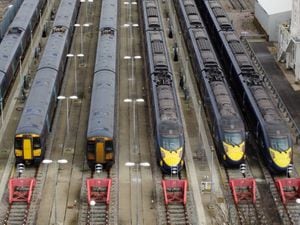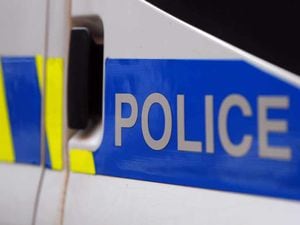Overhaul of railway ticketing wins support
Plans to overhaul rail ticketing to make it fairer and easier to use have been backed by a rail group.
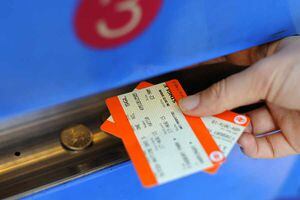
A public consultation is being launched by the industry to suggest ways of simplifying the system, which will lead to a report containing proposals for governments to consider.
A passenger group claimed reform is "overdue".
Sheila Dee, community rail officer on the Chester, Wrexham and Shrewsbury line, said it was a positive step.
She believes emphasis in the consultation should be put on making fair ticket prices available at all outlets from ticket offices to mobile apps.
She said: "I definitely welcome the consultation and the review because there has been anomalies in the past when it comes to ticket prices.
"There needs to be emphasis on different methods of buying tickets.
"Some ticket prices on mobiles are cheaper than in ticket offices, and that isn't fair.
"Some people don't have access to mobiles and the internet and can't get those prices."
The Rail Delivery Group (RDG), which represents private train operators and Government-owned Network Rail, said the industry's suggestions will aim to be revenue neutral, with no change in average fares and no extra support from taxpayers.
Only one in three passengers were "very confident" they bought the best value ticket for their last journey, according to KPMG research commissioned by the industry.
Just 29 per cent were "very satisfied" with the ticket-buying experience.
Unchanged
The ticketing system is underpinned by regulations which are unchanged from the mid-1990s, and have not kept pace with technology or how people work and travel.
Three decades ago it was assumed customers bought tickets by visiting ticket offices and each of the 2,500 stations in Britain must still sell tickets to every other station in the country.
Further layers of complexity have been added through individual franchise agreements, with little taken away.
That means around 55 million different fares exist, including long-standing anomalies such as charging a peak-time fare when half a trip is on an off-peak service, and split ticketing, where it can be cheaper to buy several tickets for a single journey.
Rail companies say they are already making improvements to fares where they can, such as cutting jargon and providing clearer information about peak and off-peak times.
RDG chief executive Paul Plummer said the industry is committed to reforming "well-meaning but outdated" regulation, but warned there are "no quick and easy solutions".
He said: "The industry doesn't have all the answers, which is why we want to hear views from passengers, communities and businesses in all parts of the country.
"There have already been improvements and more are on the way, but this consultation will enable us to create a clear road map with the country so that we can make the right changes for the long term more quickly."
Anthony Smith, chief executive of passenger watchdog Transport Focus - which is partnering with the RDG on the consultation, said: "Fares and ticketing systems need to suit the way we travel now - there is a huge demand for smarter ticketing.
"Opening the debate on reform options is overdue."
A Department for Transport spokeswoman said: "We want passengers to always be able to get the best possible deal on their ticket and we welcome the industry's commitment to review fares."


